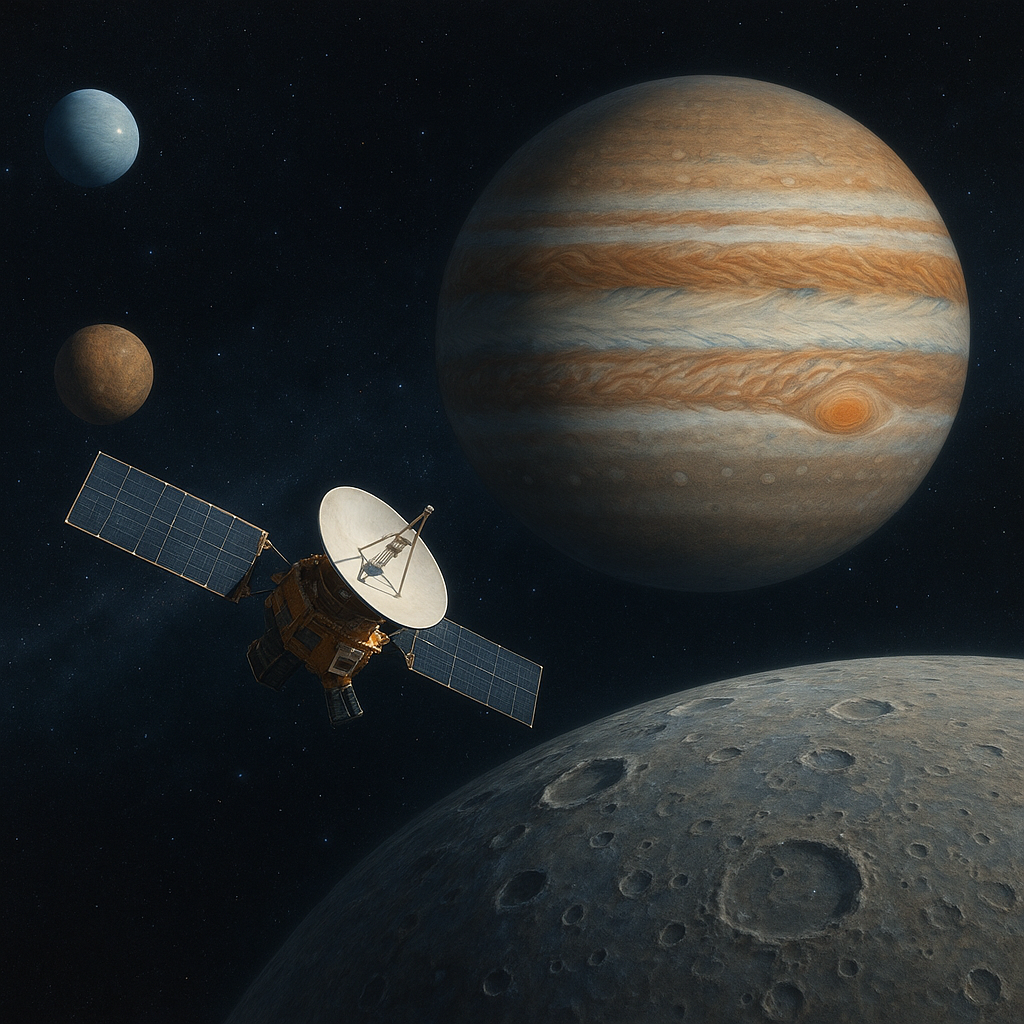Impressive agriculture is revolutionizing the way we think about food production and sustainability. As the global population continues to grow, the demand for efficient and sustainable agricultural practices has never been more critical. This article delves into the innovative techniques and technologies that are transforming agriculture, making it more productive and environmentally friendly.
Technological Innovations in Agriculture
One of the most significant advancements in agriculture is the integration of technology into farming practices. Precision agriculture, for instance, utilizes GPS technology, drones, and IoT devices to monitor and manage crops with unprecedented accuracy. This approach allows farmers to optimize the use of resources such as water, fertilizers, and pesticides, reducing waste and increasing yields.
Another groundbreaking technology is the use of artificial intelligence (AI) and machine learning in agriculture. These technologies enable farmers to analyze vast amounts of data to predict weather patterns, identify pest infestations, and determine the best times for planting and harvesting. By leveraging AI, farmers can make informed decisions that enhance productivity and sustainability.
Moreover, the development of autonomous machinery, such as self-driving tractors and robotic harvesters, is transforming the labor-intensive aspects of farming. These machines can operate around the clock, increasing efficiency and reducing the reliance on manual labor. As a result, farmers can focus on other critical aspects of farm management, such as crop planning and market analysis.
Sustainable Practices and Environmental Impact
In addition to technological advancements, impressive agriculture also emphasizes sustainable practices that minimize environmental impact. One such practice is regenerative agriculture, which focuses on restoring soil health and biodiversity. By using cover crops, crop rotation, and reduced tillage, farmers can improve soil structure, increase carbon sequestration, and enhance water retention.
Agroforestry is another sustainable practice gaining traction in the agricultural sector. This approach involves integrating trees and shrubs into crop and livestock systems, creating a more diverse and resilient ecosystem. Agroforestry not only improves soil health and biodiversity but also provides additional income streams for farmers through the production of timber, fruits, and nuts.
Water conservation is a critical aspect of sustainable agriculture, especially in regions prone to drought. Techniques such as drip irrigation and rainwater harvesting help farmers use water more efficiently, reducing waste and ensuring crops receive the necessary hydration. Additionally, the development of drought-resistant crop varieties through genetic engineering and selective breeding is helping farmers adapt to changing climate conditions.
Furthermore, impressive agriculture is addressing the issue of food waste, which is a significant contributor to environmental degradation. By implementing better storage and transportation methods, as well as utilizing food waste for composting and bioenergy production, the agricultural sector is working towards a more sustainable and circular economy.
Conclusion
Impressive agriculture is at the forefront of addressing the challenges of feeding a growing global population while minimizing environmental impact. Through technological innovations and sustainable practices, the agricultural sector is becoming more efficient, productive, and environmentally friendly. As these advancements continue to evolve, they hold the promise of a more sustainable and food-secure future for generations to come.










